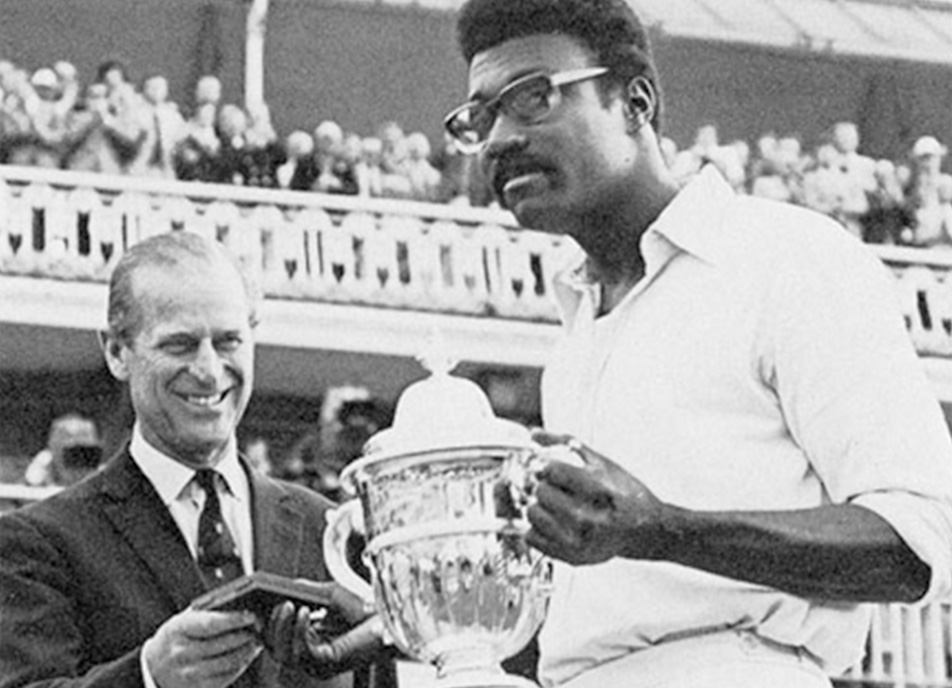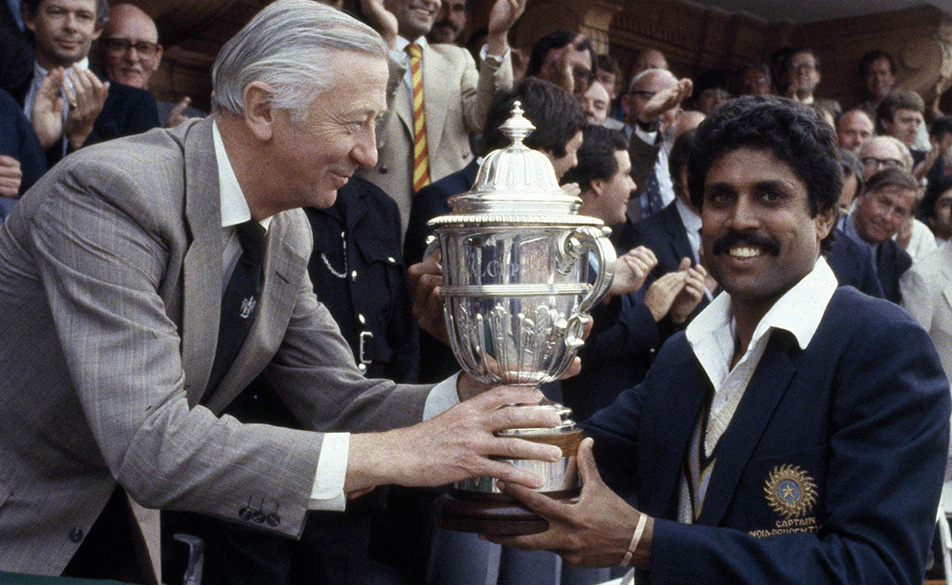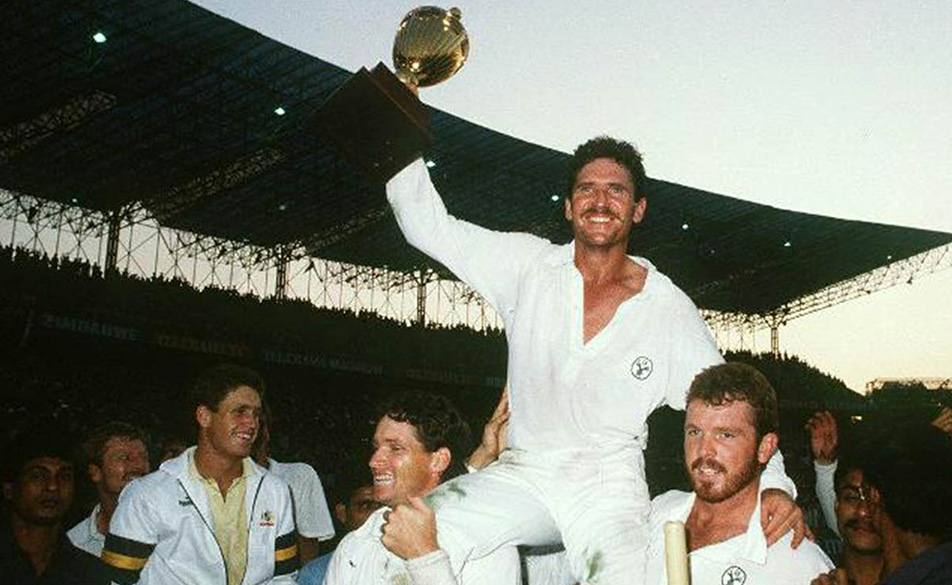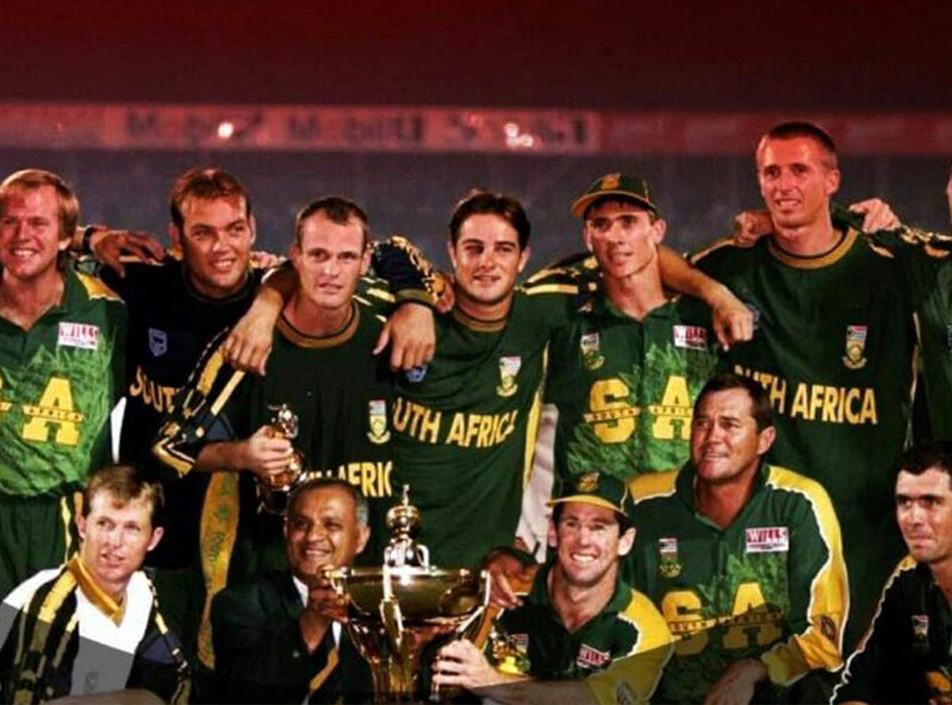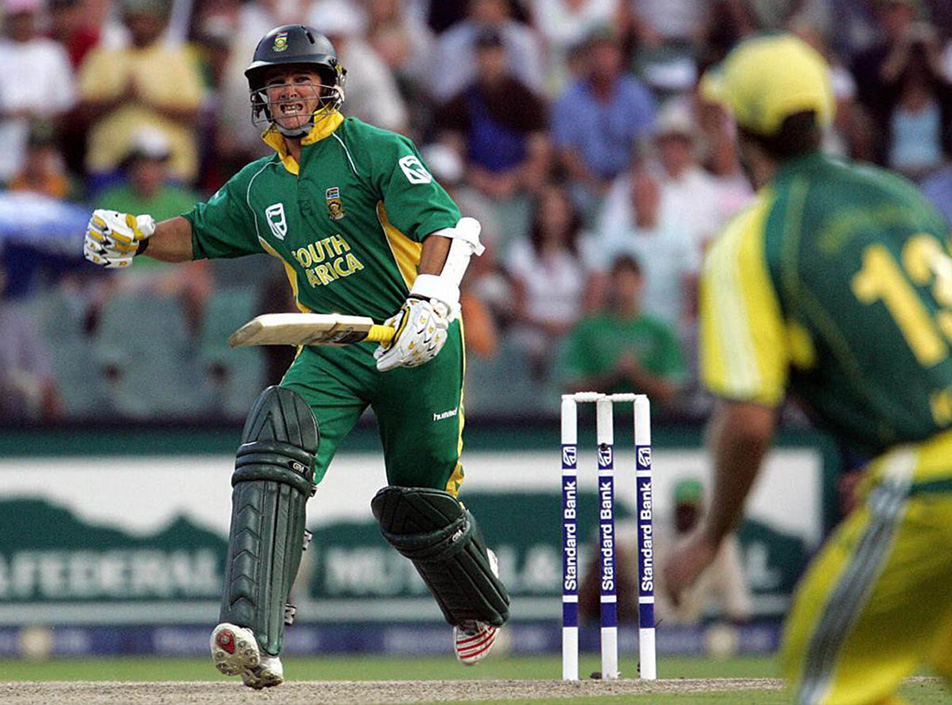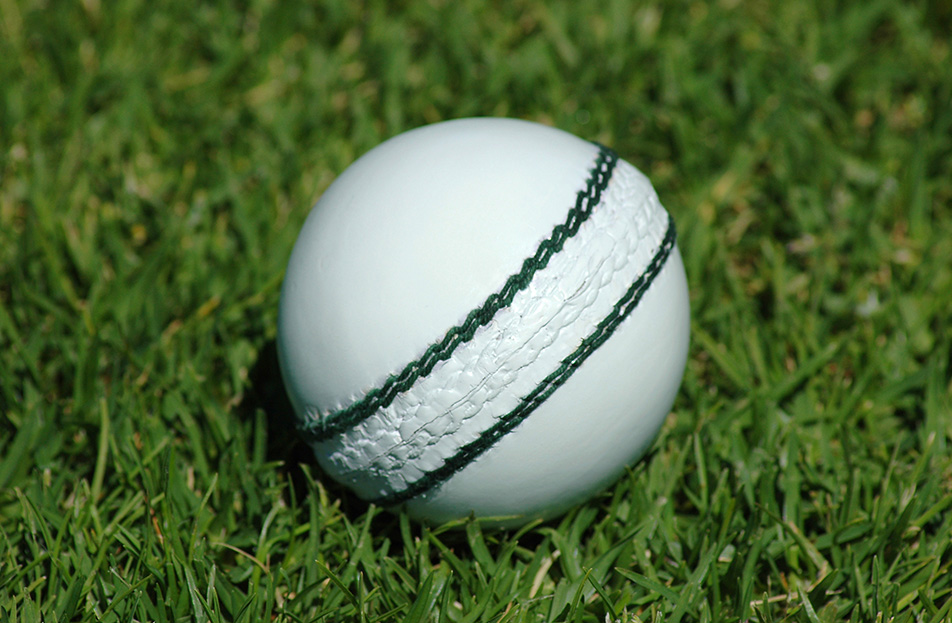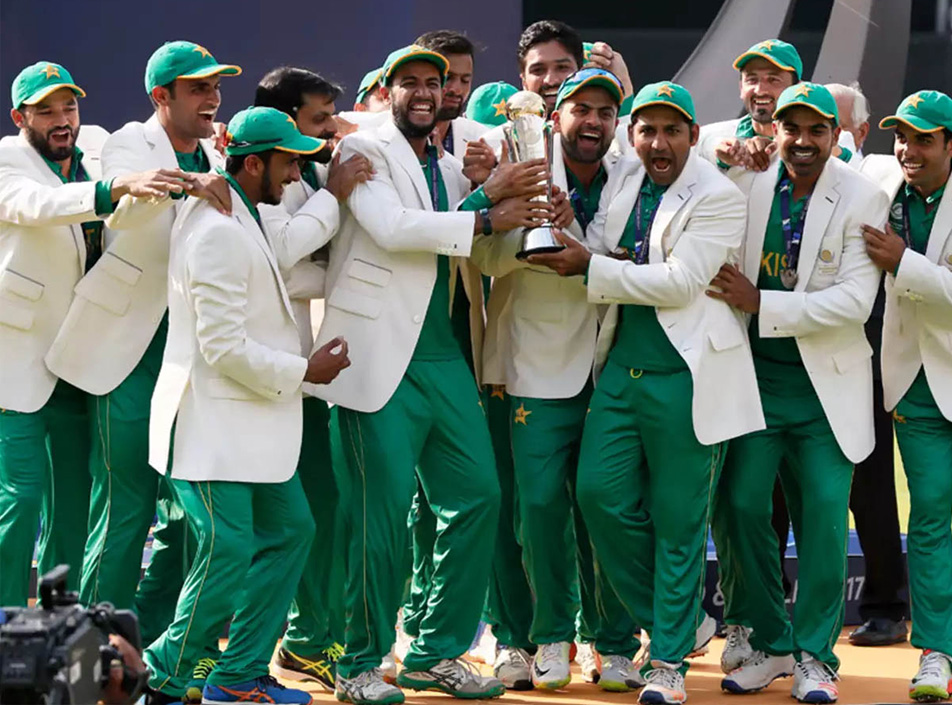The first one-day game
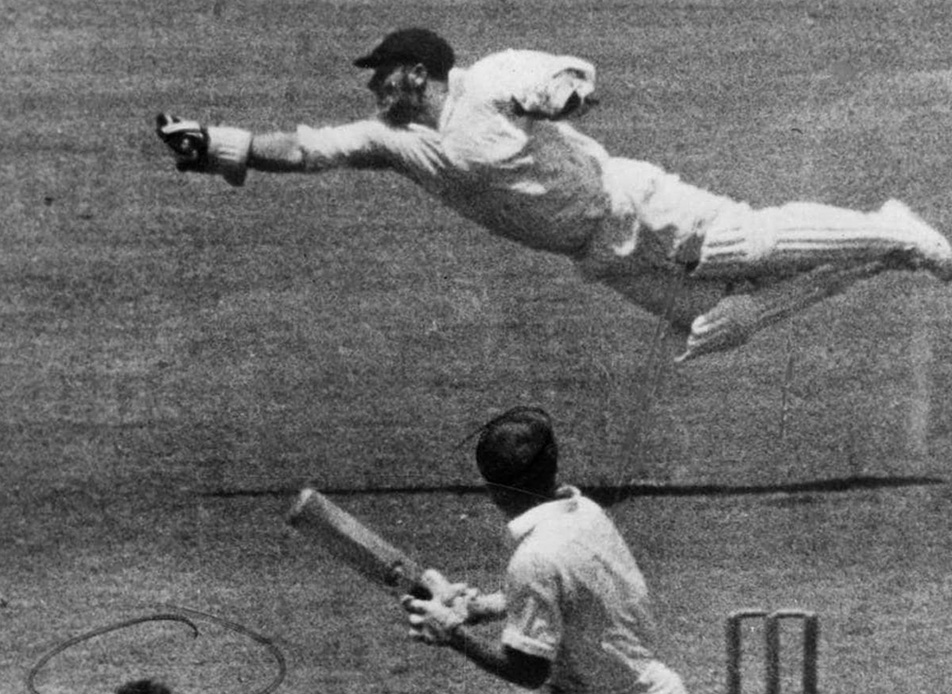
The first One Day International (ODI) was played between arch-rivals Australia and England on January 5, 1971, at Melbourne Cricket Ground. After the first three days of the Test match was washed out, it was converted into a one-day game consisting of 40 eight-ball overs a side. Australia won by five wickets.

